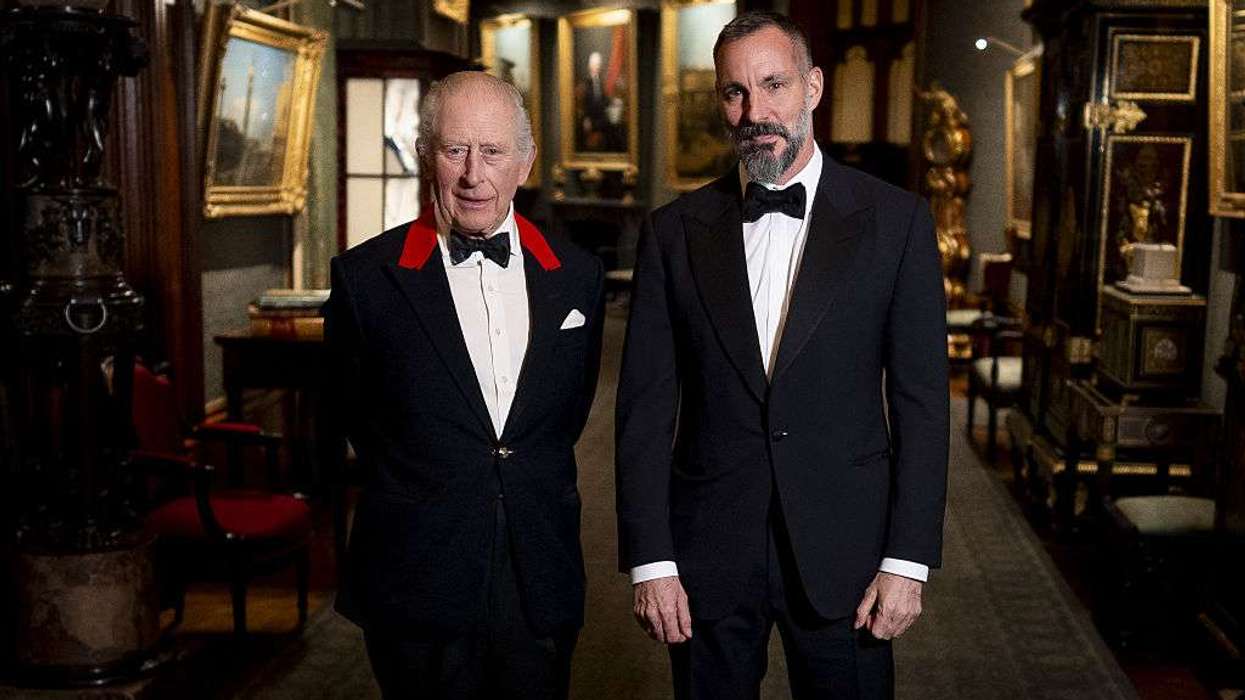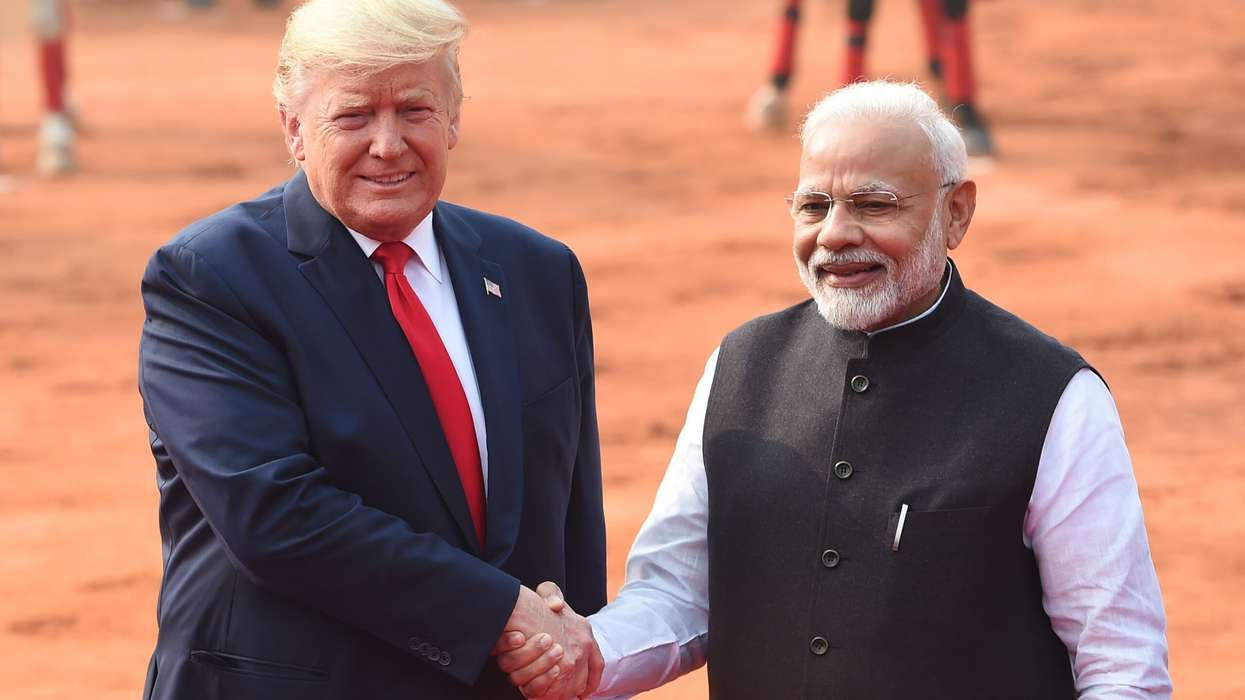The World Travel and Tourism Council (WTTC) has accused the UK government of “sabotaging” the country’s tourism sector after international visitor spending fell by over £2 billion in 2024 compared with pre‑pandemic levels. In a new WTTC study, visitors to the UK spent £40.3 billion last year—a 5.3 per cent decline on the £42.6 billion recorded in 2019.
The WTTC, which represents the global travel and tourism private sector, said ministers had made “deliberate policy choices” that erected “barriers to travel” and discouraged high‑value tourists. Policies cited include the removal of tax‑free shopping, rising air passenger duty (APD) rates and the introduction—and subsequent fee increase—of the electronic travel authorisation (ETA) scheme for non‑UK nationals.
Julia Simpson, president of the WTTC and former adviser to Sir Tony Blair, said that while the government professed to back economic growth, it was failing to support a sector that contributes 10 per cent of UK GDP and supports millions of jobs. “We’ve not got back to where we need to be [on spending by international visitors] whereas the rest of the world has,” she said. “This government is all about growth. Yet here we have a private‑sector enterprise, travel and tourism, contributing 10 per cent of UK GDP, creating jobs, but we are not prioritising it in any way. We are sabotaging ourselves.”
Retail leaders have also warned that scrapping the VAT Retail Export Scheme (tax‑free shopping) has put the UK at a “competitive disadvantage for global shoppers”. The WTTC highlighted comments from senior figures at luxury brand Burberry, who noted that tourists now spend elsewhere in Europe, where tax refunds remain available.
Simpson further criticised a 44 per cent cut to VisitBritain’s promotional budget. On 1 April 2025, the government reduced the destination‑marketing body’s “Great Britain and Northern Ireland” campaign funding from £18.85 million to £10.57 million in the same week that APD rose and the £10 ETA fee was imposed on all European visitors (excluding Irish nationals). The ETA fee has since increased to £16.
“You need to sell the UK,” Simpson said. “It’s really important that you create stories about the UK so that international visitors come to all our regions. You need to sell Harry Potter. You need to sell Jane Austen. You need to sell Richard III.”
In response, a government spokesperson said VisitBritain’s campaigns “remain an effective tool driving economic growth”. They pointed out that the UK remained one of the world’s most‑visited countries and that international tourism injected billions into the economy. The spokesperson added that ministers would publish a national visitor economy strategy this autumn to help achieve the target of welcoming 50 million international visitors a year by 2030.
Alongside its spending figures, the WTTC study, produced with Oxford Economics, reported that the travel and tourism sector contributed £286 billion to the UK economy in 2024, up 3.9 per cent on 2019. This growth outpaced overall economic expansion over the same period, underscoring the sector’s importance to post‑pandemic recovery.
The WTTC’s findings mirror broader concerns about the health of the UK high street. While retail parks experienced a small net increase in chain outlets last year, high streets and shopping centres continued to decline, losing around 30 per cent and 25 per cent of chain stores respectively over the past decade.
Zelf Hussain, Restructuring Partner at PwC UK, warned that rising payroll costs and higher business rates—introduced in April—would further squeeze profit margins for high‑street retailers and hospitality businesses that cater to visitors. “The challenges facing the retail and tourism sectors are intertwined,” he said. “Unless policy supports growth and investment, the UK risks losing its share of the global tourism market.”
As the government prepares its national visitor economy strategy, industry leaders will be watching closely to see whether future policies reverse the barriers that the WTTC says are holding back one of the UK’s largest economic sectors.





